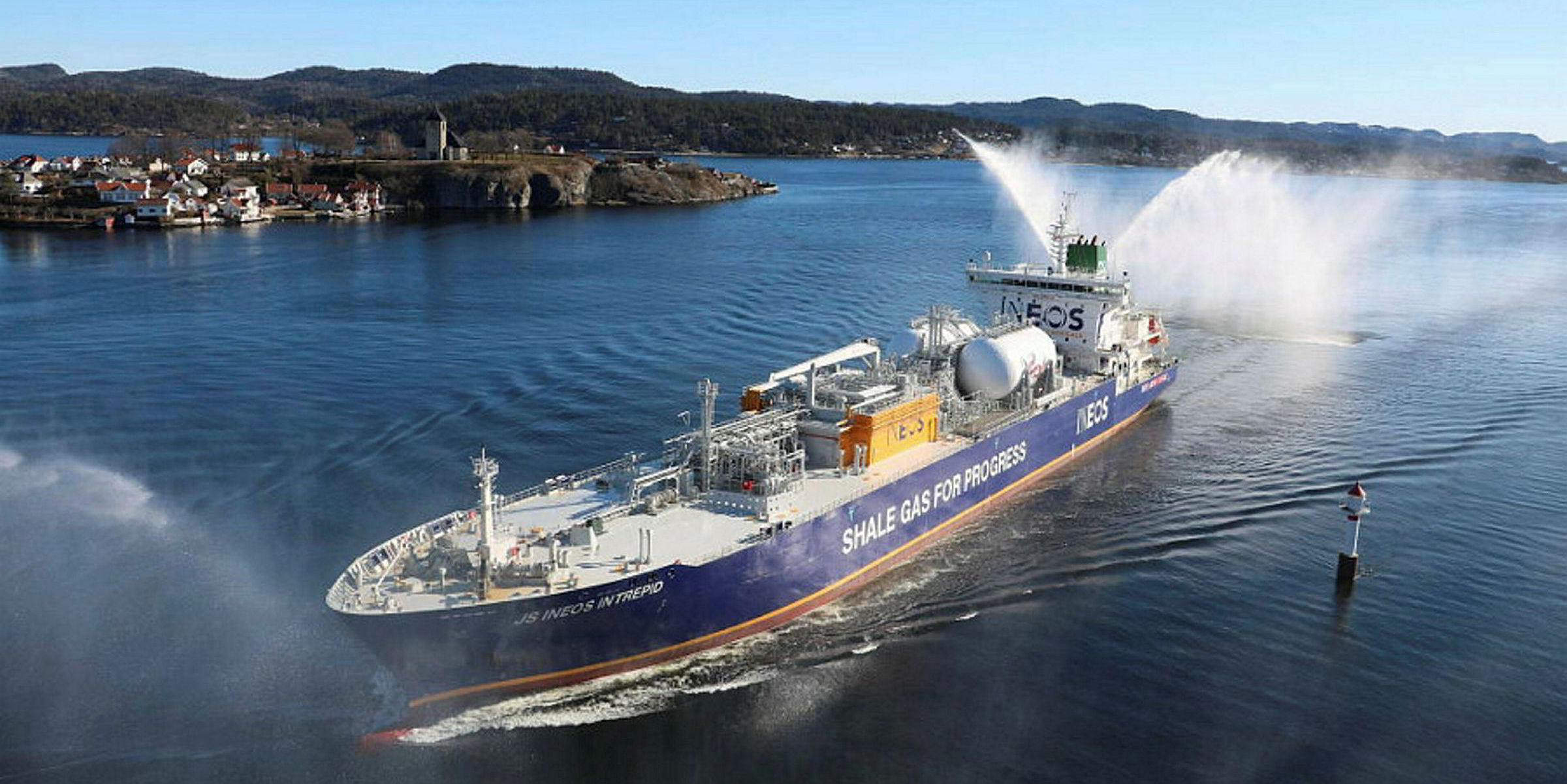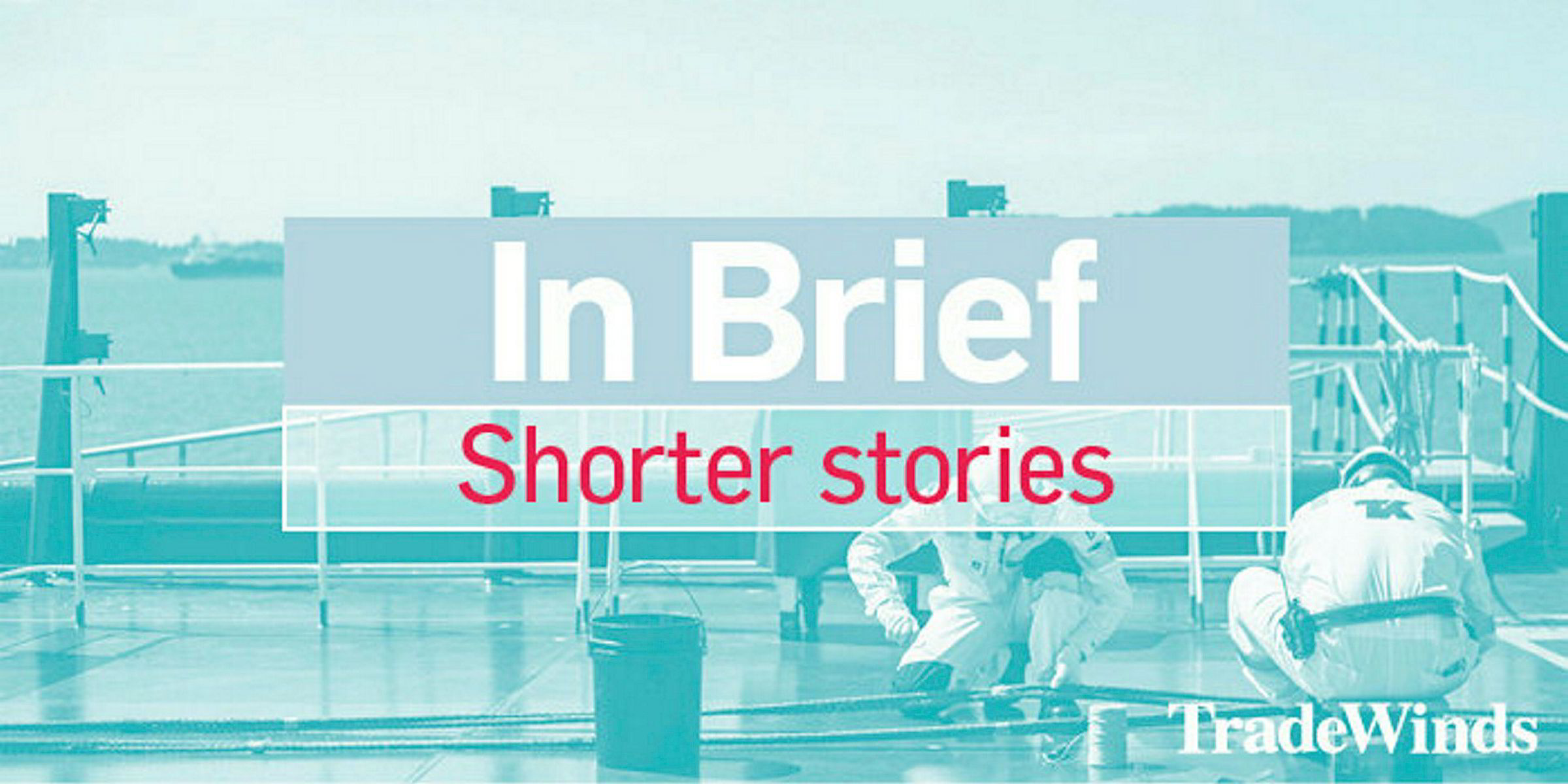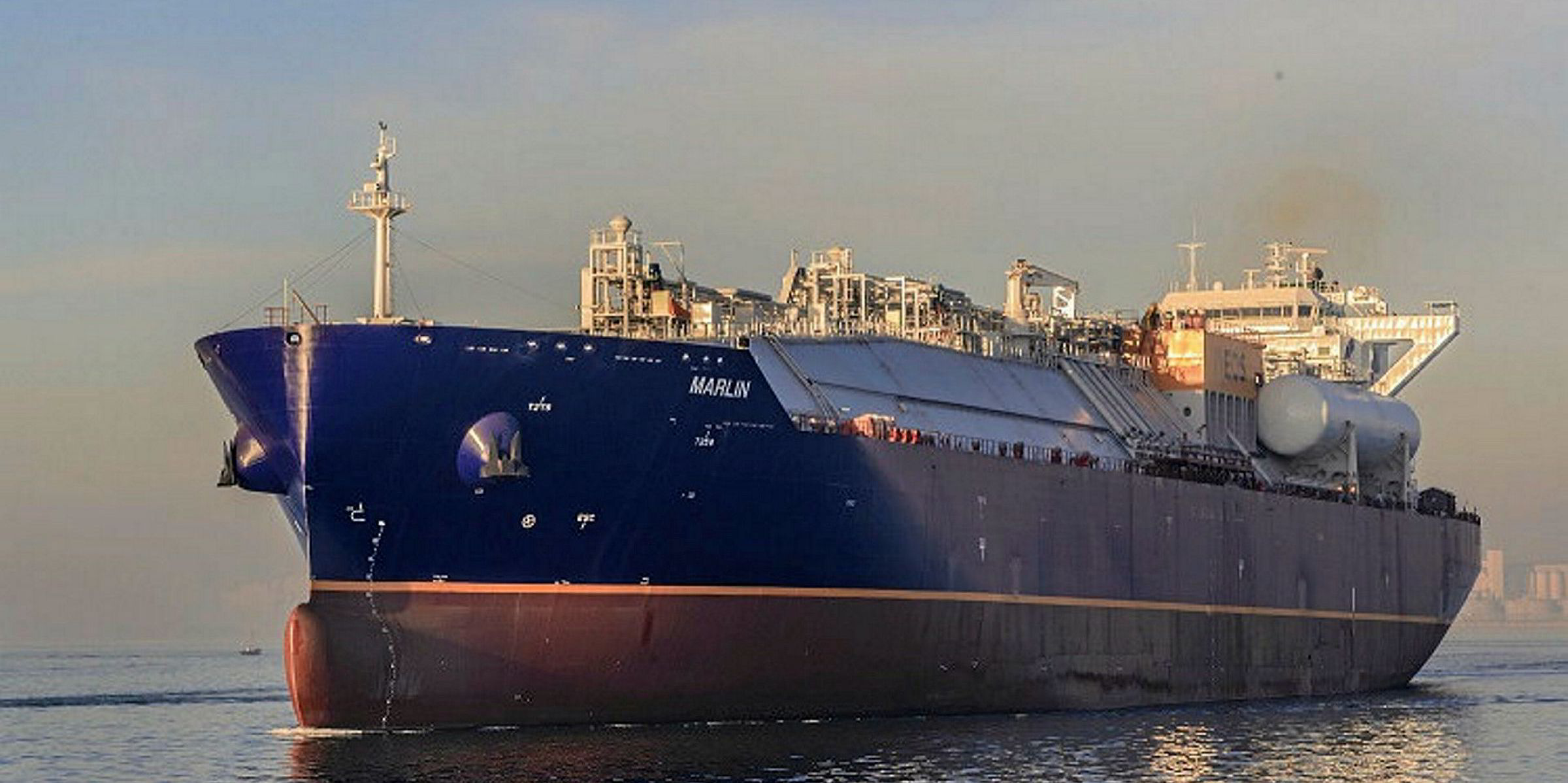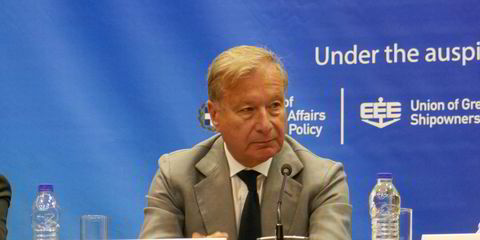UK-headquartered Ineos is eyeing growth in its Dragon-class fleet of gas carriers to meet the shipping requirements of two planned petrochemical plants in Antwerp.
Having selected two sites at the Belgian port for the €3bn ($3.4bn) project, the petrochemical producer confirmed to TradeWinds that it would have to expand its fleet sometime in the future.
“We plan to bring feedstocks from the US. These will be transported in gas carriers. We will need to increase the Dragon fleet to meet the needs of the plants,” the company said in an email.
Commissioning timeline
Ineos expects to commission the propane dehydrogenisation plant and ethane cracker — which will have a combined capacity of two million tonnes per annum — in 2024, while a final investment decision (FID) will be made in due course, according to the email.
In general, project developers will enter serious negotiations over such fleet-expansion projects only after FIDs are made.
Ineos’ trading and shipping unit, which operates from London, Grangemouth and Cologne, controls a fleet of 14 vessels including eight so-called Dragon ships of 27,500 cbm each.
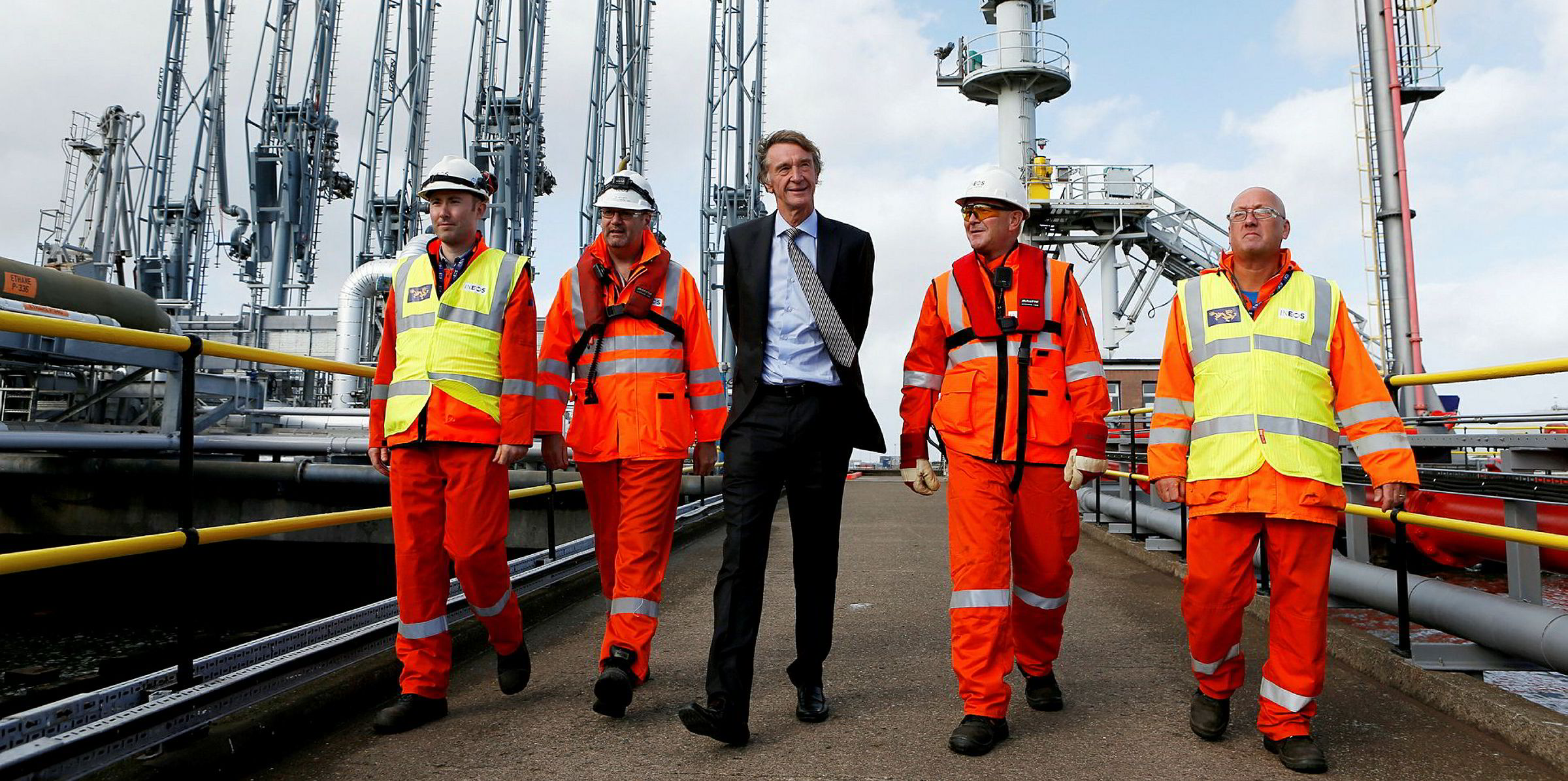
Jaccar’s Evergas ordered those multigas carriers, which are designed to carry ethane, LPG and LNG, at Chinese yards for $64m each. Upon their deliveries in 2015 to 2017, they were chartered to Ineos for 15 years.
The ships are mainly used to transport gas from the US to Ineos’ crackers in Scotland and Norway.
According to TradeWinds' estimates, the production capacity of the new Ineos project in Antwerp would require up to a dozen 27,500-cbm vessels. However, the company may meet some of this requirement through spot charters.
Scale of growth
According to Ineos, the project is “the largest investment in the European chemicals sector in 20 years” and “a game changer for the chemical sectors and will bring huge benefits to Belgium and the wider European economies”.
If the US-China trade war prolongs, European petrochemical producers are expected to enjoy more cost advantages in feedstock procurements as US shale gas will need to find more outlets.
